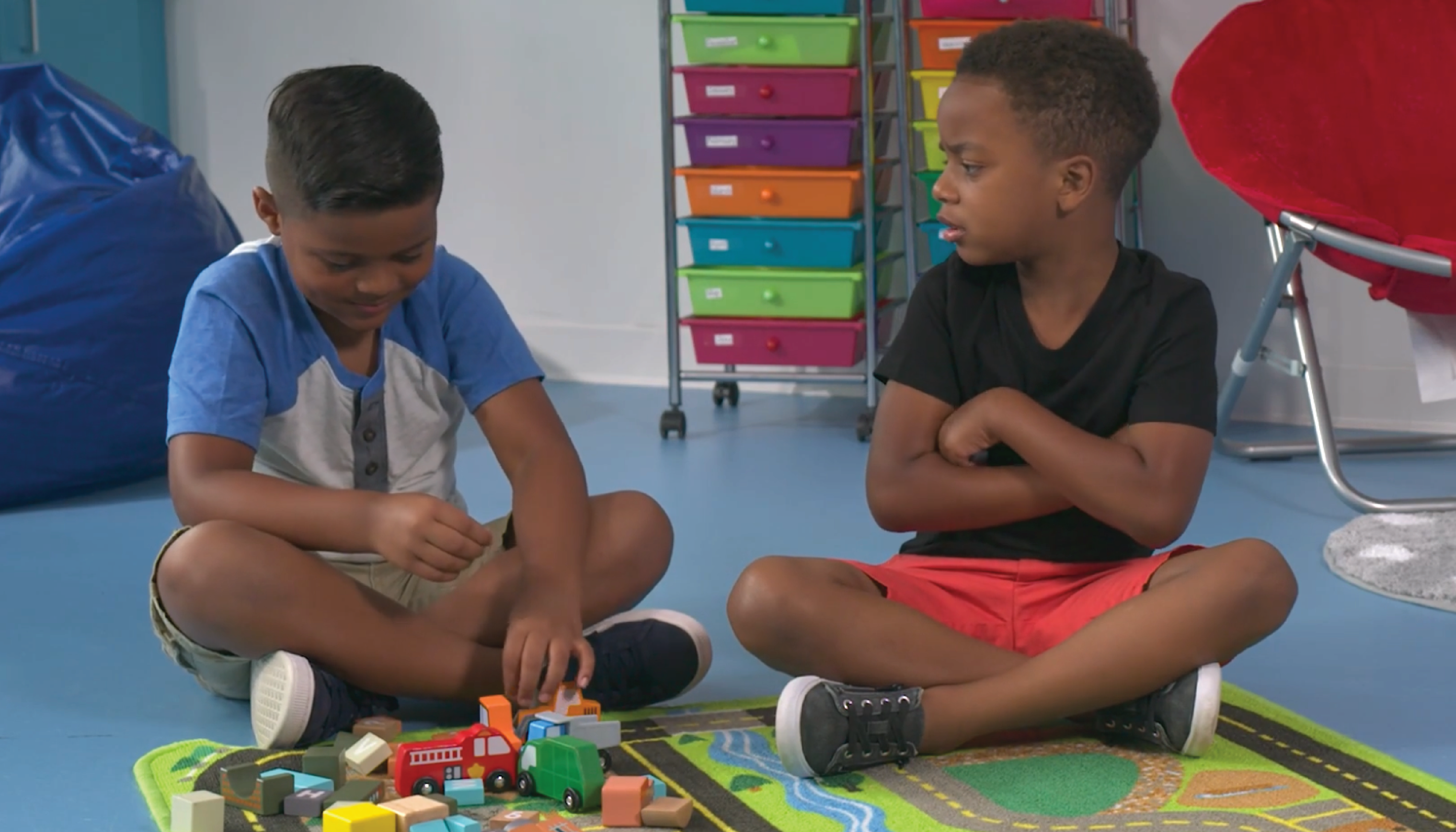
Introduction
Teaching young children the importance of saying “sorry” is a crucial aspect of their social-emotional development. An essential skill for Kindergarten students, apologizing demonstrates empathy, understanding, and the ability to take responsibility for one’s actions. In this blog post, we will discuss an engaging no-prep activity for teaching students when to say “sorry,” followed by discussion questions, related skills, and next steps for educators.
No-Prep Activity: Sorry Role-Play
This activity is designed to help students practice apologizing in a fun and interactive way. It requires no preparation or materials from the educator. Simply gather your students in a circle and explain the scenario they will be role-playing. For example, one student accidentally knocks over another student’s block tower. The students will take turns acting out the scenario, with one student playing the role of the “offender” and another playing the “victim.” Encourage students to demonstrate the three steps of apologizing: saying “I’m sorry,” explaining why they are sorry, and showing that they care. After each role-play, ask the class to provide feedback on what the apologizing student did well and how they could improve.
Discussion Questions
- Why is it important to say “sorry” when we accidentally hurt someone’s feelings or make a mistake?
- How does it feel when someone apologizes to you? How do you think it feels for the person who is saying “sorry”?
- Can you think of a time when you had to apologize for something? How did it make you feel, and what did you learn from the experience?
- Why is it important to not only say “sorry,” but also explain why we are sorry and show that we care?
- How can we practice apologizing in our daily lives to become better at it?
Related Skills
Teaching students when to say “sorry” is just one aspect of their social-emotional education. Other related skills that are important for Kindergarten students to learn include:
- Active listening and communication
- Empathy and understanding others’ feelings
- Resolving conflicts in a respectful manner
- Recognizing and managing one’s own emotions
- Cooperating and working well with others
Next Steps
Teaching young students when to say “sorry” is a vital skill that will serve them well throughout their lives. By incorporating this no-prep activity and discussion questions into your lesson plans, you can help your students develop a strong foundation in social-emotional learning. To access more free sample materials for teaching these skills and others, sign up at Everyday Speech.

